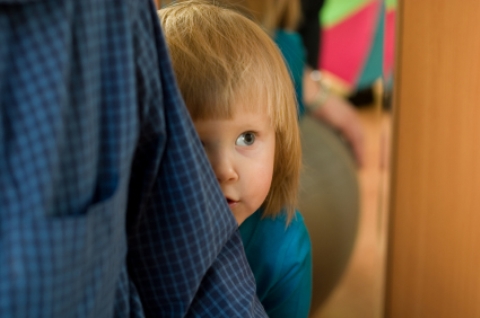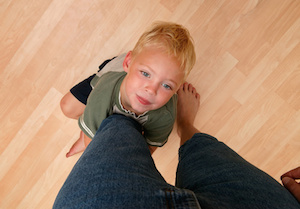 All of our parenting styles are different, the way you raised your children might be different to your partner’s style and to the way your children choose to raise their children. In the perfect world, everyone would be in sync and you wouldn’t have to hold your tongue too much in family situations.
All of our parenting styles are different, the way you raised your children might be different to your partner’s style and to the way your children choose to raise their children. In the perfect world, everyone would be in sync and you wouldn’t have to hold your tongue too much in family situations.
Strict, harsh parenting seems to get great results. You say jump and they jump. But good research shows that kids are also more likely to jump out of school, jump the rails and jump into bed with others at a young age.
A just-published study called the Maryland Adolescent Development in Context Study followed more than a thousand kids aged from age 12 to 21, and it had very interesting results. Using threats, a harsh tone of voice and physical discipline were attributes of parents rated as strict and harsh. If parents were rated as strict and harsh when the kids were young, then by the end of their teens, those young people had not achieved nearly as well academically as kids whose parents weren’t. They were also far more likely to be involved in risky and delinquent behaviour, and more likely to be sexually involved at a younger age.
 There were clues why that might be. Kids who were treated harshly placed far more importance on their friendships, and rated them as being more important than keeping their parents’ rules. It seems that these kids were missing affirmation and love from their parents and so they needed to get it from their mates. They would do anything for this – do crime with them, skip school with them, and have sex with them.
There were clues why that might be. Kids who were treated harshly placed far more importance on their friendships, and rated them as being more important than keeping their parents’ rules. It seems that these kids were missing affirmation and love from their parents and so they needed to get it from their mates. They would do anything for this – do crime with them, skip school with them, and have sex with them.
It’s always a balance – between firmness and fairness, love and limits, warmth and structure. We can see the effects of harsh discipline all around us – but please, don’t go too far the other way either. Use love as your compass and you won’t go too far wrong.
Journal Reference:
- Rochelle F. Hentges, Ming-Te Wang. Gender Differences in the Developmental Cascade From Harsh Parenting to Educational Attainment. Child Development, 2017; DOI: 10.1111/cdev.12719
Written by the theparentingplace.com
Read more Parenting Place articles here.









Join the Discussion
Type out your comment here:
You must be logged in to post a comment.